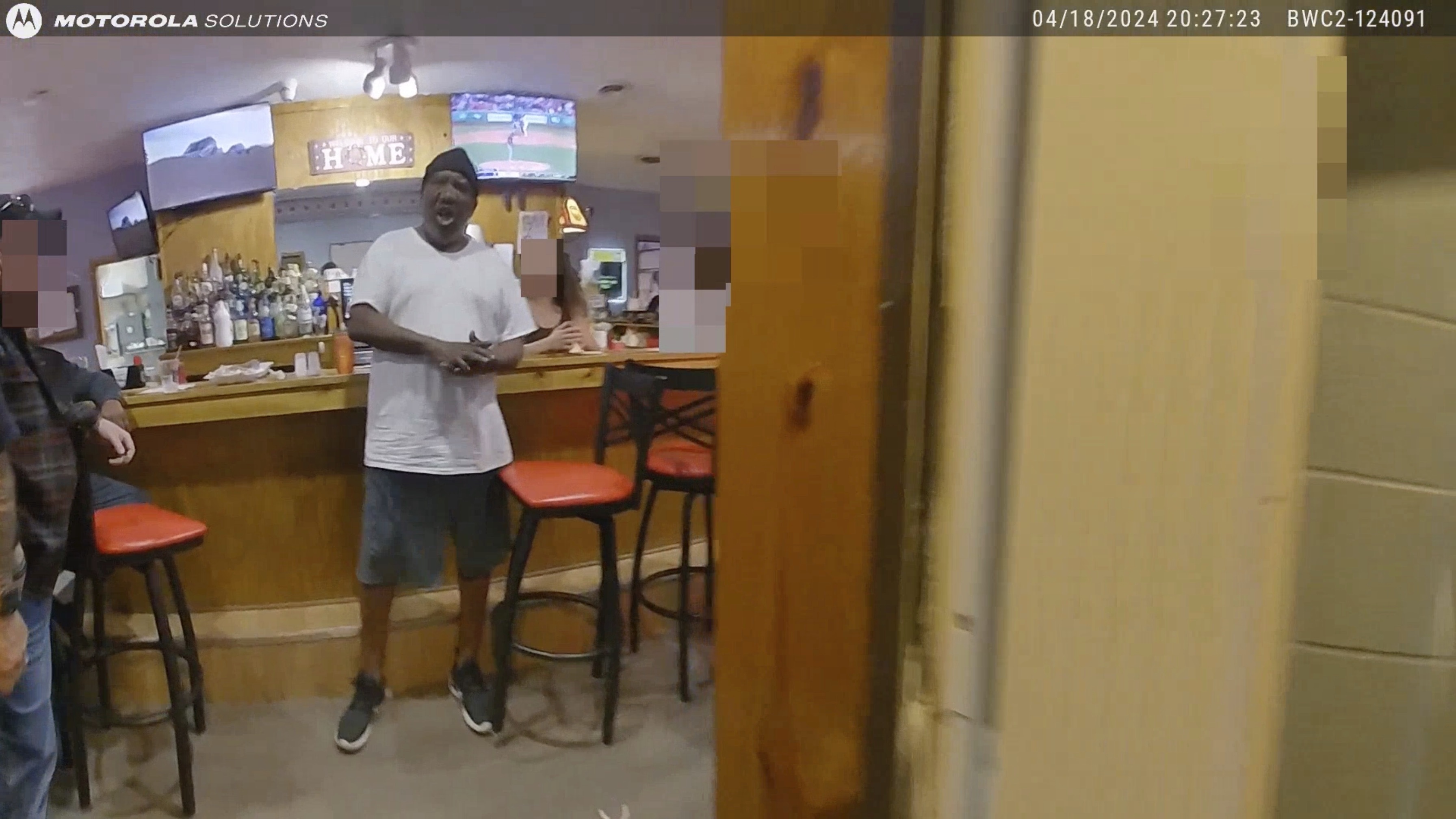Saving the planet doesn’t have to include huge lifestyle changes or big purchases. This Earth Week, which begins April 17, think of small alterations you can make at home and your workplace that will have a positive impact on the environment. Whether it’s shortening your shower by a minute or turning your faucet tightly after each use to prevent drips, every contribution counts toward a greener future.
Take a look at six things you can do now:
Love Your Leftovers:
According to the EPA, one-third of purchased food in the U.S. gets thrown out every year.
Ninety-five percent of the wasted food turns up in landfills, where it rots, releasing a greenhouse gas that contributes to climate change.
The EPA and organizations like GreeNYC make a few suggestions to help prevent over-shopping for food. Before hitting the store, check to see what you already have, and try to produce recipes with the perishable items before they go bad. By pre-planning your meals, and portioning them out, you’ll have less of a chance of throwing away food.
Before tossing your leftovers, see if you can take the rest for an at-work lunch, or try using your leftovers in an altogether new meal for the next day. If you can’t finish all your perishable foods, try composting or finding a local composter in order to get rid of your food in an eco-friendly way.
Turn It Off:
Switching unnecessary lights off and turning off the tap while brushing your teeth conserve energy and water — and shrink your utility bill.
U.S. & World
Stories that affect your life across the U.S. and around the world.
“Turning off the water when you brush your teeth can help you not only save money, but it also reminds you that those resources belong to everyone,” said Kathleen Rodgers, president of Earth Day Network, a nonprofit based in Washington, D.C., that works to spread environmental education and policy.
When going to bed, be sure to turn off electronics you don’t use. Try to take shorter showers and make sure your toilet doesn’t leak. A leaky toilet could be wasting 200 gallons of water a day while a faucet that leaks at a rate of one drip per second can waste more than 3,000 gallons of water in a year, according to the EPA.
Grow Your Own:
Adding some green into your living space can help improve air quality in any kind of home, according to Rodgers.
“Houseplants are a great source of oxygen,” she said.
Rodgers also suggests growing small potted plants, like herbs, that you can use in cooking. Growing some of your own food, whether it’s a small plant on a windowsill, or an entire outdoor garden, is not only better for you, but rewarding as well.
“Connect yourself to nature and see what you can produce,” she said.
A Greener Clean:
Many conventional cleaning products contain harmful toxins and Rodgers suggests cutting down on chemicals like bleach as much as possible.
“They’re not good for your water system,” Rodgers said. “They have a place in hospitals, not kitchens.”
Try to replace some bleach-heavy household cleaners with nontoxic alternatives that get the job done without adding unhealthy chemicals into your home, she suggested. Common household items, like vinegar and baking soda, can be used as alternatives. Check product labels to make sure the cleaning supplies you use are safe and eco-friendly.
Go Organic — Or Choose The Right Produce:
Eating local and organic all the time may not be practical or financially feasible for everyone.
There are conventionally grown fruits and vegetables that tend to test low for pesticide residues, according to the U.S. Department of Agriculture.
The Environmental Working Group, which puts out an annual Shopper’s Guide to Pesticides in Produce, recommends: avocados, sweet corn, pineapples, cabbage, frozen sweet peas, onions, asparagus, mangoes, papayas, kiwis, eggplant, honeydew melon, grapefruit, cantaloupe and cauliflower.
“It’s critically important that people really pay attention to what they're eating,” Rodgers said.
Check Your Home:
Is your house drafty? According to Energy Star, air leaks in door and windows waste a lot of energy and increases utility costs.
“If you added up all the leaks, holes and gaps in a typical home's envelope, it would be the equivalent of having a window open every day of the year!” Energy Star said.
Making sure your home is insulated and using only energy-saving light bulbs and appliances can save hundreds on your electric and water bills.
Another way to be more green at home is to get rid of all paper and plastic dishware. Always opt for reusable plates, cups and utensils, and especially avoid paper napkins. Get reusable cloth or compostable paper napkins instead.
Get Rid of Junk Mail for Good:
Cities like New York produce over 1 million tons of junk mail each year. Receiving junk mail isn’t just an annoyance, it’s a waste of decreasing resources like wood. The EPA reports that nearly half of unsolicited mail received isn’t even recycled. According to the Environmental Paper Network, a 10 percent national decrease in paper use would provide an equal greenhouse gas emissions reduction, as would 280,000 cars being removed from the road.
Junk mail also contributes to an increase in carbon emissions. Smartphone apps like PaperKarma help you control what ends up in your mailbox. Take a step further by choosing to receive electronic bills.



